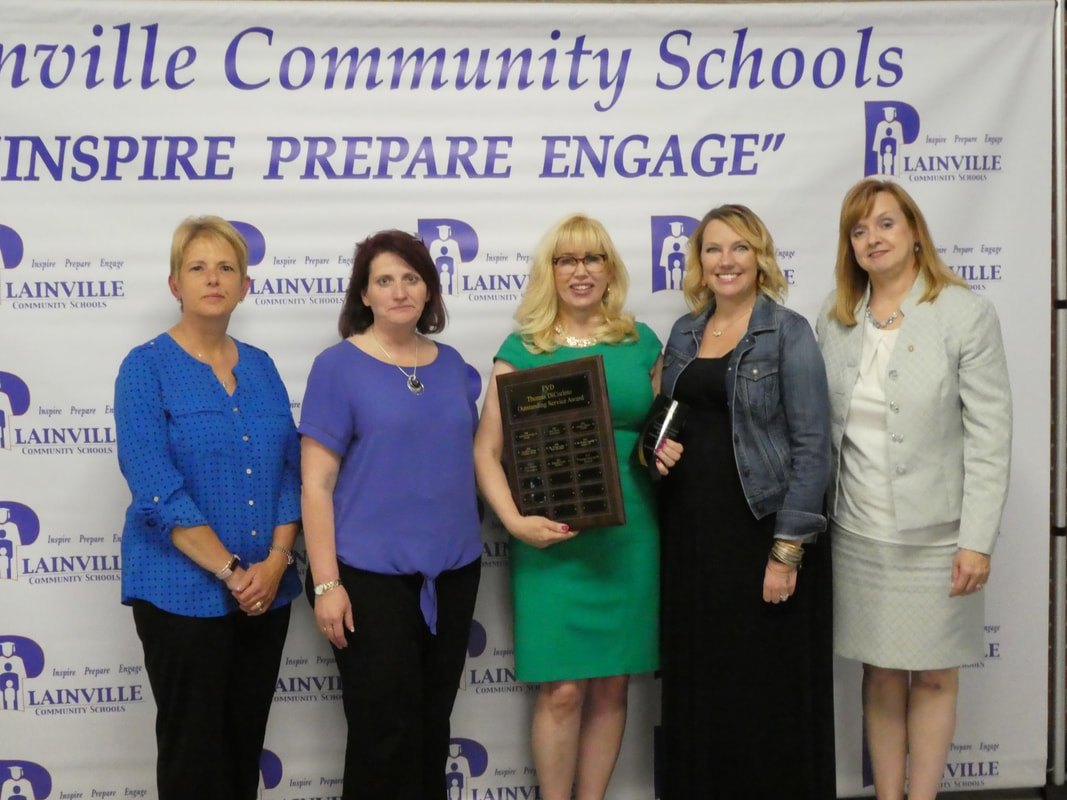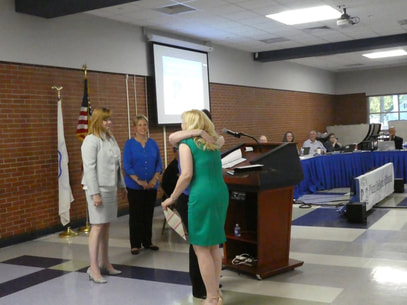|
Summer is a time for relaxation and fun however, the transition into the back-to-school lifestyle can be stressful and unnerving. All of a sudden September arrives and the expectations we have for ourselves and our children increase. We expect that our children have the cognitive tools and flexibility to adapt to the new demands. For some children, the process of adapting is much easier than for others. Psychologists analyze these cognitive skills that the brain needs to use to think, manage one’s self, evaluate and/or solve problems, and achieve goals. These skills, called executive functioning skills, are needed to regulate your thinking, feelings, and behavior. The brain is the vehicle of learning and self regulation. Executive functioning is the driver of that vehicle. The frontal lobe is the driver’s seat for the executive functioning and tells us what to pay attention to, what to do first, what to remember, how to react, and so on. George McCloskey, author of “Assessment and Intervention of Executive Functioning Difficulties," has identified 33 executive functions. For school purposes, we will be discussing what Dr. Rebecca Bransetter in her book, “The Everything Parent’s Guide to Children with Executive Functioning Disorder," calls the main executive functioning challenges for the frontal lobe. These “Big Ten” challenges that Dr. Bransetter refers to are: Task Initiation, Response Inhibition, Focus, Time Management, Working Memory, Flexibility, Self-Regulation, Emotional Self-Control, Task Completion, and Organization. Children that have difficulty with executive functioning get stuck, procrastinate, lose things, are forgetful, can’t focus or shift attention, are disorganized, are unable to manage multi-step or long-term assignments, have poor self-esteem, show impulsivity, can not self-monitor, and have problems with managing their emotions. So now imagine a child with these executive functioning deficits in a classroom setting. These deficits put them at-risk for learning, poor academic achievement, behavioral issues, social problems, and poor emotional health. What can you do as a parent to help them at home with improving these skills? Here is a break down of the skill deficits and some ideas to help:
What can you do to help? Set goals on a calendar to model how to break down tasks. Limit screen time (television, computers, cell phones) and establish household rules around the use of electronics will help the procrastinator from being tempted to engage with their screen rather than get to their homework. Establish a place and time for homework each night. Use praise and/or a reward system to reinforce the initiation and completion of tasks which will help the child remember the good feeling of being successful when the next challenging task presents itself.
What can you do to help? Catch them at being good, “ I like how you waited your turn when I was talking”. Teach replacement behaviors such as asking to get up from the table at dinner rather than jumping up and running off. For example: let’s rewind this film and do it over. This time before jumping up from the table you can say, “ I am finished with dinner. May I please get up and leave?”. Set up a quality checklist to use to complete homework. For example: Did you read directions over carefully? Did you check over all of your work? Do your answers make sense? For math: Did you pay attention to the operational signs?
What can you do to help? Limit distractions from technological devices. Although many people think it helps you focus, the research done with brain imaging shows differently. Try mindfulness activities such as breathing and yoga to improve a child’s ability to focus, check out this link here for more information: www.heysigmund.com/mindfulness-for-children-fun-effective-ways-to-strengthen-mind-body-spirit.
What can you do to help? Set up routines and ground rules such as no electronic devices that can distract during meals, homework, etc. Use a timer to help the student stay on track. An analog timer will give the child a visual representation of the passage of time. Provide a planner or calendar to keep track of dates and deadlines. Sit with your child and make predictions of how long a task might take and schedule enough time to complete that task.
What can you do to help? Manage the length of your directions. Prompt your child to write or draw a picture to assist in remembering. Start off with saying 'I am going to ask you to remember three things' and ask them to repeat what they have heard. Build recall with online flashcards. Have the child visualize or relate to a personal experience of what they heard or read.
What can you do to help? For problems with social flexibility a helpful website is Michelle Garcia’s: www.socialthinking.com. Help to label feelings for the child such as, ”You feel frustrated”, and offer a positive way to cope, “Take a cool down break.” You can also model it as an adult for the child by using descriptive language such as, “I feel frustrated. I am getting angry. I am going to take a 5 minute coffee break and cool down.” Develop positive self-talk phrases such as, ”I can cope with change. I have done it before.” If you know of a change that is going to happen ahead of time, it is best to start to prepare the child such as, ”We are going to have a half day today.”
What can you do to help? For reading: help the child with visualizing, making predictions and connections. For writing: help the child with planning and organizational strategies. For math: practice facts, break down the problem, and sequence the steps involved in finding the solution. Playing board games with kids helps to develop abstract thinking and self-reflection rather than passive activities like watching television.
What can you do to help? You can help them with emotional literacy skills by labeling their feelings for them. A feelings chart can be posted on the wall and the child can simply point to their feelings if they don’t yet have the language to share it. Pointing out good behavior and having natural consequences for poor behavior. It is very important to process the event but only after the child has calmed down.
What can you do to help? You can supply powerful incentives and/or a rewards menu. Start by discussing a list of preferred items (baking cookies, taking a walk, going to the movies, etc.) which can be used when the activity or group of activities are completed (homework for the week). Set up a designated time and non-distracting location for working. Track their progress visually with a chart. Set goals and put steps on the calendar.
What can you do to help? At home make sure everything has a designated space. Specify a time for decluttering and cleaning. Create binder systems, do and done folders, and planners. Teach kids to “do the spin” before leaving a room which means spin around and make sure you have everything you need before you leave! As you start on the new school year with your children, establishing these executive functioning management skills can benefit the whole family and make for a successful and stress free year! Best Wishes and Happy New Beginnings! Written by: Suzanne Schweitzer
Edited by: Hannah Schweitzer Insight of New England specializes in providing educationaL evaluations, educational recommendations, educational advocacy, and test interpretation.The Thomas DiCorleto Outstanding Service Award was established in the spring of 2010, in honor of Granby’s esteemed Pupil Services Director who passed away in January of that year. The Pupil Services Directors of the Farmington Valley created the award to recognize the wisdom and guidance that Tom had provided them (and many of us) in his 30+ years of service.
The award travels between the towns of the Farmington Valley, and each year the directors come together with nominations from their school districts to determine the candidate who embodies the passion and commitment to children that Tom demonstrated throughout his lifetime. All staff members are eligible to be nominated. The nomination was made by Justine Misseri with input from the rest of the Middle School team and was selected by the Farmington Valley Directors as this year's choice for recognition. 70.91.196.2/Cablecast/Public/Show.aspx?ChannelID=2&ShowID=35913 |
Details
|




